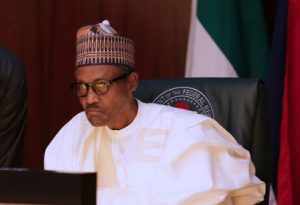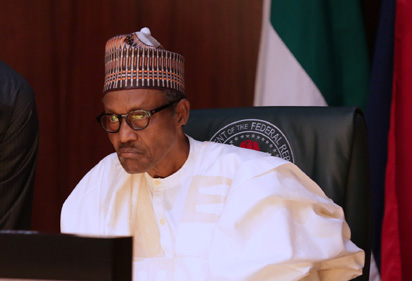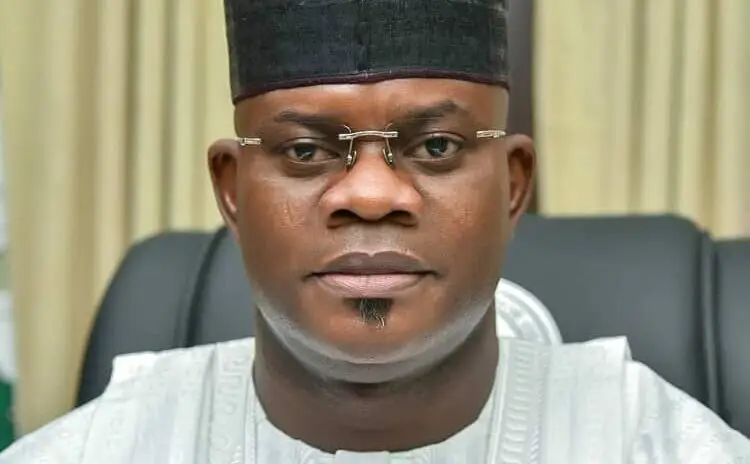
Nigeria President, Muhammadu Buhari on Tuesday wrote the Senate, declining assent to the new amendment to the Electoral Act regarding election sequence in the 2019 general elections.
President Buhari in a letter to the Senate and read by Senate President Bukola Saraki at plenary said that it became imperative for him to withhold assent because it will infringe upon the constitutionally guaranteed discretion of the Independent National Electoral Commission (INEC) to organize, undertake and supervise elections provided in Section 15(A) of the third statue to the Constitution.
Buhari’s letter read, “Pursuant to Section 58(4) of the Constitution of the Federal Republic of Nigeria 1999 (as amended), I hereby convey to the Senate, my decision, on 3rd March 2018, to decline Presidential Assent to the Electoral Amendment Bill 2018 recently passed by the National Assembly. “Some of my reasons include the following: A.The amendment to the sequence of elections in Section 25 of the principal act, may infringe upon the constitutionally guaranteed discretion of the Independent National Electoral Commission (INEC) to organize, undertake and supervise elections provided in Section 15(A) of the third statue to the Constitution; “The amend to Section 138 of the principal act to delete two crucial grounds upon which an election may be challenged by candidates, unduly limits the rights of candidates in elections to a free and fair electoral review process; “The amendment to Section 152 Subsection 325 of the Principal Act may raise Constitutional issues over the competence of the National Assembly to legislate over local government elections. “Please accept Distinguished Senators, the assurances of my highest consideration. Yours Sincerely, ”.
It would be recalled that the Senate had on Wednesday, February 14 approved an amendment which places the Presidential as the last of the elections to be conducted in the country while that of the National Assembly election will hold first, followed by gubernatorial and State Houses of Assembly polls.





